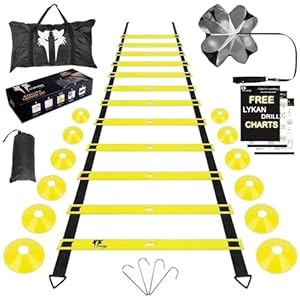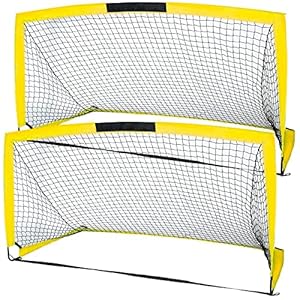
To parents who played
As soccer continues to grow in the U.S., the number of parents and families who grew up playing – or simply being around the game – increases as well. This provides a wonderful opportunity to share the joy of the game together. With that said, I offer a caution and several suggestions to help ensure that players can learn and grow their skills in a safe environment with developmentally appropriate expectations.
As adults we tend to remember best, and as a result use as a reference point the level we were at when we stopped playing.
This is natural as it is the freshest in our minds. As a result, our most recent memories are those of playing when we had the greatest depth of understanding and tactical awareness of the game. While we may remember working hard to attain this, what is often forgotten are the physical and cognitive stages and progressions we went through to get there.
I have a friend who majored in mathematics and has spent the better part of 30 years working in the field. Her daughter demonstrated early an aptitude for and enjoyment of numbers. While encouraging her daughter, what my friend did not do is expect and demand that her daughter work calculus problems before she could master the foundational skills of counting, addition, subtraction, multiplication, etc. The other thing my friend did not do, despite knowing the solution, was yell that solution and directions at her daughter while she worked on her homework or a test.
This seems obvious, yet when it comes to sports too often, I hear parents doing just that by shouting the solution to something on the field that is a tactical concept or technical skill that the players do not yet understand or have the ability to solve. We do not to ask a toddler just learning to walk to sprint and get frustrated when they can’t, yet often players are directed to do essentially that. Yelling at a player who can’t consistently complete a 10-yard pass to shoot from 20 yards out, because in our memory it is easy, is essentially the same as asking them to add before they can count or run before they can walk.
With the above in mind the suggestions below will help you guide and support your child on their soccer journey.
Suggestions for before a game
1) Ask your child what they worked on at practice that week. This can be an individual or team tactic, or skill. Their answer will help you identify where their understanding and focus is.
2) Ask if there is something that they would like to work on or try during the game. This will enable you to recognize and support their progress or success in this area and give you something to follow up with after the game.
Suggestions for during a game
1) Look for opportunities to cheer for attempting a skill or tactic they have been working on in training and that they mentioned to you before the game.
2) Celebrate both success AND progress toward it. This can include them identifying an opportunity to do something and trying it, even if it breaks down at execution. Often the identification and decision to do something are the hardest part of applying a new skill or idea in a game.
Suggestions for after the game
1) Ask whether they were able to try or do something they mentioned before the game.
2) Share with them something positive you noticed about their play or attempt at a skill they are working on mastering. I saw that you tried to ___.
Keep in mind that building and applying game understanding and technical ability happens progressively and that progress is not always linear. Being patient and meeting your child where they are now will help to develop players that are both confident and curious about the game and their play.
Trending Products










